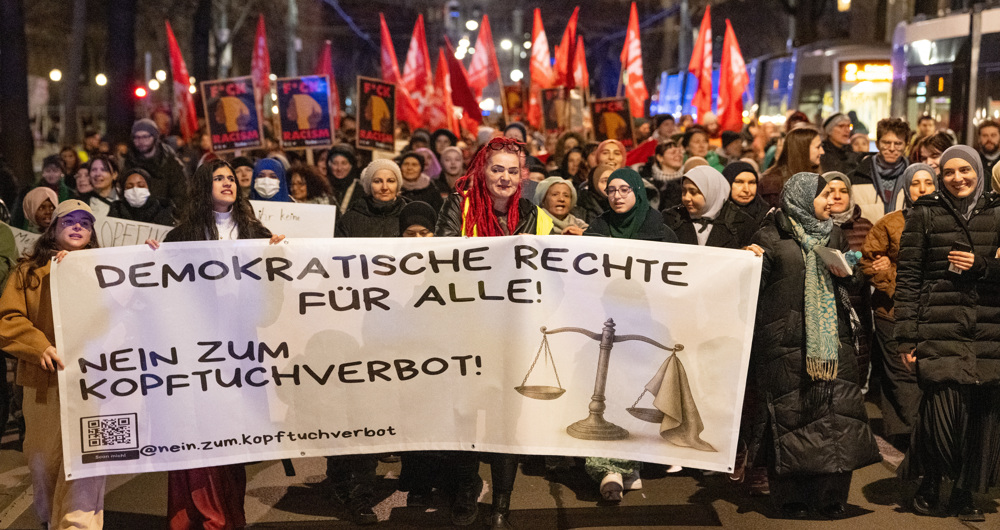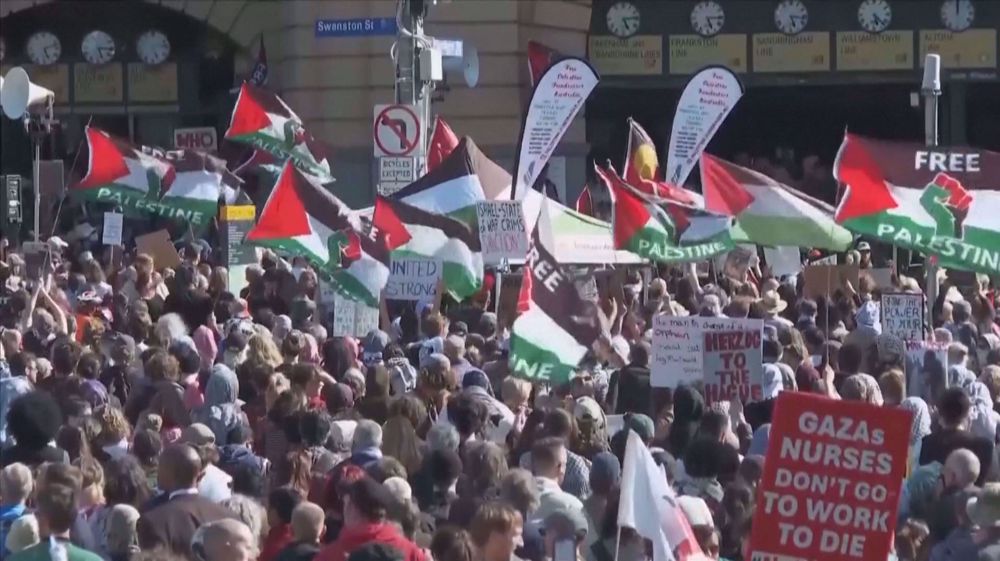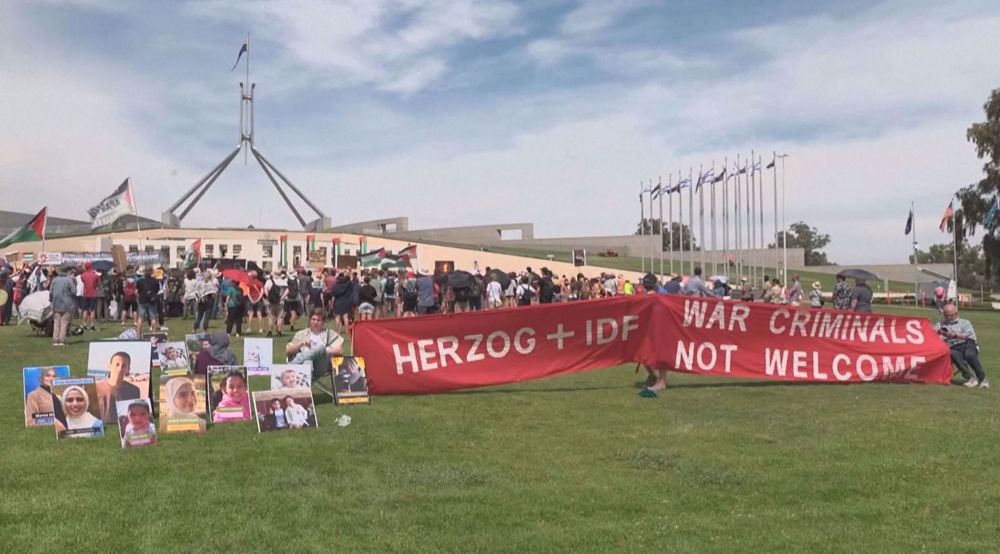Argentines cast votes in wide open presidential primary
Argentines headed to the polls Sunday in a primary election to determine the candidates for October's presidential vote, amid an economic crisis that has fueled skepticism among some toward traditional politicians.
Year-on-year inflation in the South American nation runs at 115 percent, poverty has soared, and the value of the peso has plummeted. The government, battling dwindling foreign reserves, has imposed strict currency controls and slapped businesses with higher import taxes to shore up dollars.
President Alberto Fernandez is not seeking reelection, though polls don't show a clear favorite to succeed him as the leader of Latin America's third-largest economy.
Voter apathy, as well the candidacy of far-right lawmaker Javier Milei, are drawing attention of political observers.
In a unique format in the region, Argentines vote Sunday for their favorite among 22 potential presidential candidates.
The outcome determines which parties will take part -- and who their presidential candidates will be -- in the general election on October 22.
Likely to nab the candidacy for Fernandez's center-left ruling coalition is his economy minister, Sergio Massa. Challenging him for the Peronist coalition's nomination is the further left labor activist Juan Grabois.
Polls close at 6 pm, with results expected around 10 pm (0100 GMT).
Some legislative seats, as well as the mayoral and gubernatorial leadership of Buenos Aires, are also up for grabs.
"I want a government that restores the economy, but I know it will take time. We have a lot of debts and it will not be easy to recover everything that was lost in other governments," said Agustina Rossi, a 16-year-old student.
Suffrage in Argentina is extended to those Rossi's age and older.
With 35.4 million Argentines eligible to vote, the primary can be a strong predictor of who will win the election if one candidate soars above the rest.
Not voting incurs a fine, but analysts expect to see lower turnout than usual amid increased apathy.
"Argentina has been in economic decline for more than 10 years, in a crisis that is slowly worsening. There is a growing disaffection of the electorate in a country that had clear political identities," said Juan Negri, professor of political science at the Torcuato di Tella University.
Dissatisfaction with the current center-left government, as well as the right-wing opposition coalition Juntos por El Cambio (Together for Change), has opened up space for nontraditional candidates.
Heading to the presidential election unchallenged, as his party's only candidate, is Milei, a libertarian and far-right lawmaker with a soft spot for former US President Donald Trump and Brazil's ex-leader Jair Bolsonaro.
Milei "reflects the disenchantment that has caused many voters to disbelieve in political parties," said Negri, especially those who have drifted further right after former center-right president Mauricio Macri's tenure from 2015 to 2019.
"I think it's time to try someone new: Milei. I like him because he says a bit what we all think," Carlos Reyes, a 66-year-old electrician, told AFP.
Primary candidates must garner more than 1.5 percent of the vote to advance to the general presidential election, and the primary will show how much support Milei -- a high-profile national legislator from Buenos Aires -- commands outside the capital.
(Source: AFP)
VIDEO | 39th AU summit opens in Addis Ababa with focus on water security, peace, and development
VIDEO | Iran: The stronghold Washington lost
Anti-Iran ‘Munich circus’ shows Europe has lost geopolitical weight: Araghchi
Swiss to act as venue of next round of Iran-US talks: Report
Report: Over 50,000 soldiers fighting in Israeli military hold foreign citizenship
Danish PM warns US attack on Greenland would spell end of NATO
Power running out at key Gaza hospital, ICU patients at risk: Report
VIDEO | Press TV's news headlines









 This makes it easy to access the Press TV website
This makes it easy to access the Press TV website